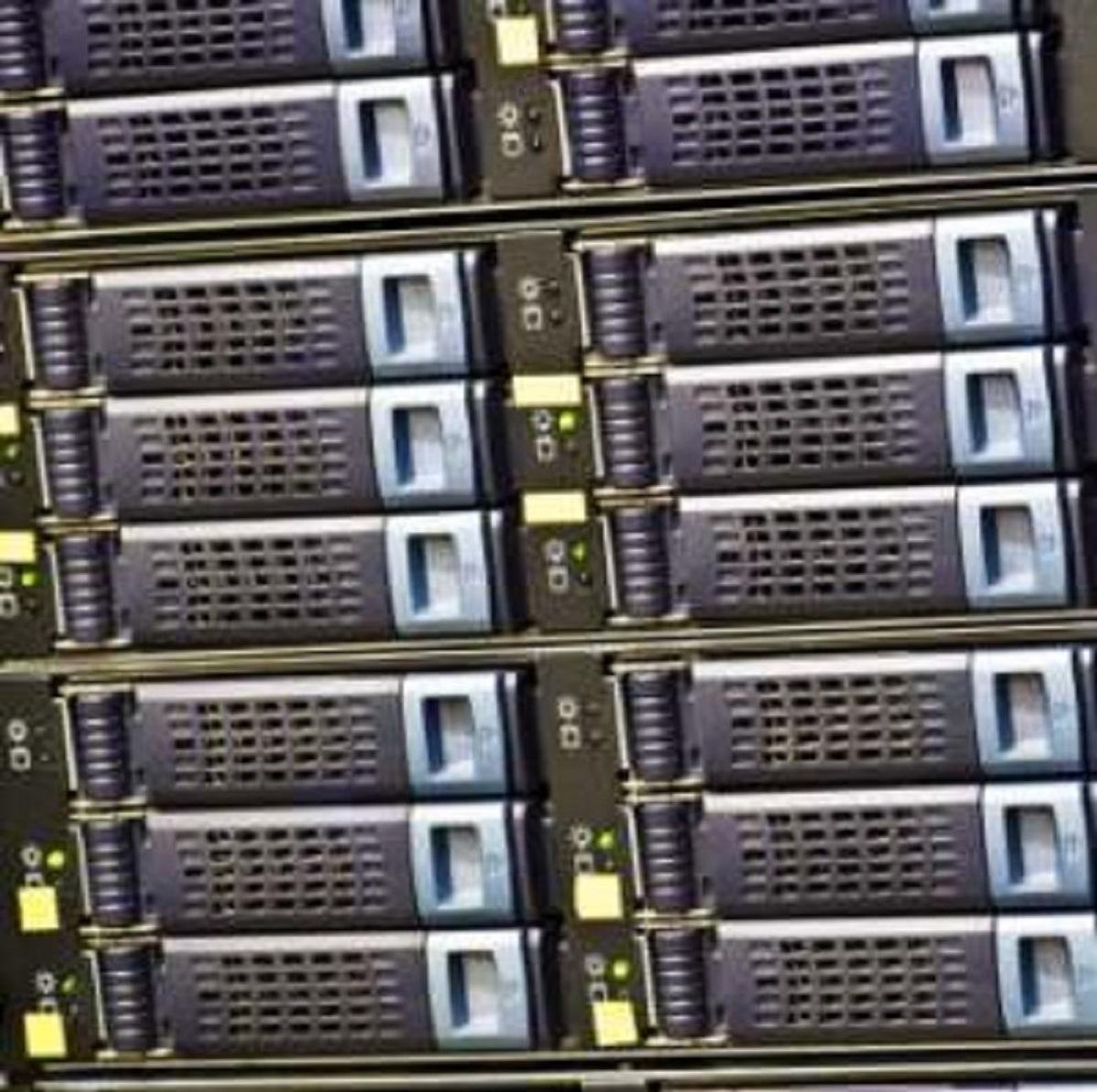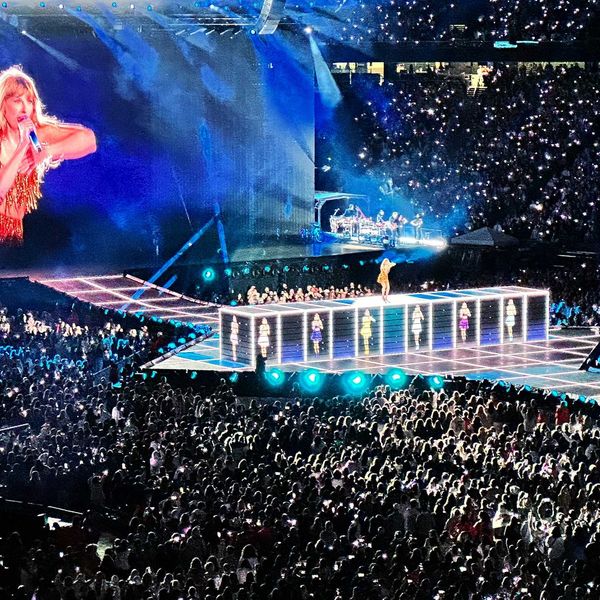
Computer Servers Made Simple
Even tech-savvy business owners blanch at the thought of installing a computer server. They have nightmarish visions of impenetrable computer languages and exorbitantly priced hardware. But what they often do not consider are the long-term advantages of running their network on a server: reduced hardware spending, better network security, and increased productivity, just to name a few. But what are servers, what do they do, and how do they do it?
In a peer-to-peer network, the most basic type of network, each computer is connected directly to every other computer. But in a client-server network, all computers are connected to the server and the server manages the network. Its only goal is to manage a computer network and fulfill requests from computers on its network. (For more on networking basics, Why You Need a Computer Network is required reading.)
Rather than depending on each client computer to manage its own tasks, such as connecting to the Internet, file sharing, or sending and receiving e-mail, in a client-server network, the client computers "outsource" these tasks to the server. This allows the client computers to run leaner and faster, as well as providing a single point of convergence for your entire network.
Centralizing your network on a server allows users to store and share files on the server rather than having to save them on their individual computers. This fosters collaboration on projects among team members and generally lets users work smarter and faster. A client-server network affords instant access to files, group calendars, and even an intranet, if you choose to build one. You can also manage permissions on all the files on your server, allowing access to some users while prohibiting others.
Users can also store their work on the server rather than on their desktop computers, making the data less vulnerable to system crashes and other computer problems. Some people worry about having all their company's data in one place, but they don't need to. Centralizing the data makes it more secure, not less. Among the many other security techniques they employ, server computers use RAID (Redundant Array of Inexpensive Disks) to mirror data from one disk to another. That way, even if an entire hard drive fails, the data is safe because it's also saved on a different drive.
Another benefit of centralizing your network on a server is that only one part of your network is connected to the Internet. Now you need only worry about the security of your server, not each individual computer. The server can manage your employees' access to the Internet and, more importantly, which computers on the Internet have access to your network. Of course, each user still must be wary of downloading viruses and other malicious programs, but servers can dramatically simplify network security.
You can even host your company's Web site on your server. It's essentially like allowing public access to part of your network. Your server is already connected to the Web, so you can allow Web surfers access to only that part of your server that hosts your site. This is an option for small businesses with a moderate amount of site traffic, but if you need robust, full-featured hosting with a lot of bandwidth, you'll probably want to continue to outsource your hosting.
Networking your computers is essential in today's offices. If you're outgrowing your peer-to-peer network, there has never been a better time to graduate to a client-server network. The hardware is getting cheaper and the software easier to configure, and your options are myriad. See the Server and Networking areas of the AllBusiness.com Business Directory to find hardware vendors, consultants, and integrators.



